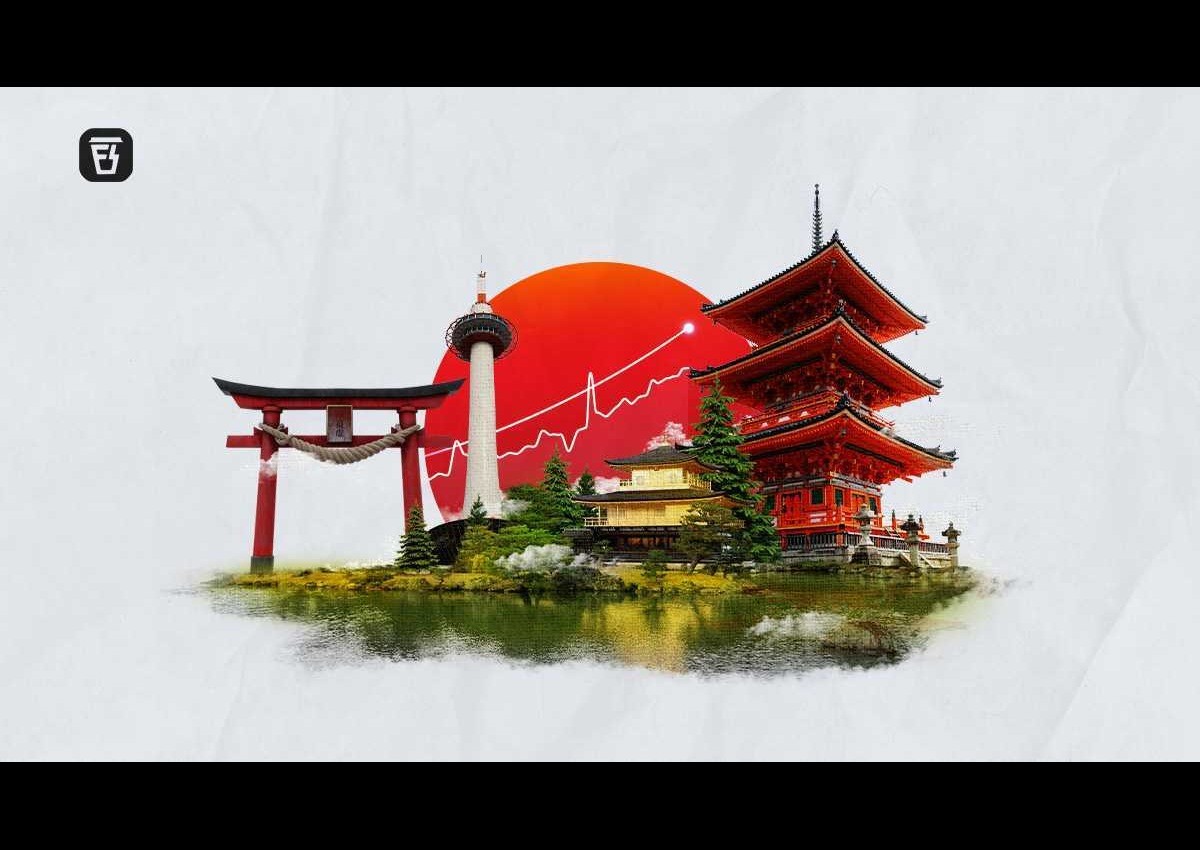24 Mar
This is why New Year’s is the most important holiday in Japan
Title: Unveiling the Significance: Why New Year's is the Most Important Holiday in Japan
Introduction:
In Japan, New Year's, or "Shogatsu," holds a special place in the hearts of its people. Unlike many Western countries where Christmas dominates the holiday season, the Japanese New Year is celebrated with great fervor and tradition, marking a time of reflection, renewal, and familial bonds. In this blog post, we'll delve into the rich cultural significance of New Year's in Japan, exploring its customs, rituals, and why it stands out as the most important holiday in the country.
1. **Cultural Traditions and Customs**:
New Year's in Japan is steeped in centuries-old traditions and customs passed down through generations. Some of the key customs include:
- Cleaning (Osoji): Prior to the New Year, Japanese households engage in a thorough cleaning known as "Osoji" to symbolically rid the home of the previous year's dirt and negativity, making way for a fresh start.
- New Year's Decorations (Kadomatsu, Shimenawa, Kagami Mochi): Decorative items such as Kadomatsu (bamboo and pine arrangements), Shimenawa (sacred rope), and Kagami Mochi (stacked rice cakes) are displayed to welcome the New Year and ward off evil spirits.
- New Year's Food (Osechi Ryori, Toshikoshi Soba): Special New Year's dishes, collectively known as "Osechi Ryori," are prepared in advance and enjoyed with family and friends. Toshikoshi Soba, or "year-crossing noodles," are eaten on New Year's Eve to symbolize longevity and prosperity.
- Visiting Shrines and Temples (Hatsumode): Many people participate in Hatsumode, the first shrine or temple visit of the New Year, to pray for health, happiness, and good fortune in the coming year.
2. **Symbolism and Spiritual Significance**:
New Year's holds deep spiritual significance in Japanese culture, symbolizing a time of renewal, purification, and auspicious beginnings. Some of the symbolic elements of New Year's include:
- Welcoming the First Sunrise (Hatsuhinode): Watching the first sunrise of the New Year, known as "Hatsuhinode," is considered a sacred and auspicious ritual symbolizing new beginnings, hope, and optimism for the future.
- Ringing the Bell (Joya no Kane): Temples across Japan ring large bells 108 times on New Year's Eve to symbolize the cleansing of human sins and impurities, as well as to welcome the arrival of the New Year.
- Writing New Year's Resolutions (Nengajo): Sending New Year's greeting cards, known as "Nengajo," is a common tradition in Japan. Many people also write down their goals, aspirations, and resolutions for the upcoming year, reflecting on personal growth and self-improvement.
3. **Family Reunions and Bonding**:
New Year's is a time for family reunions and bonding, as people gather to celebrate the holiday together and strengthen familial ties. Some of the ways families celebrate New Year's include:
- Osechi Breakfast: Families gather on New Year's morning to enjoy a traditional Osechi Ryori breakfast together, sharing stories, laughter, and blessings for the year ahead.
- Hatsumode Visits: Families often visit shrines and temples together for Hatsumode, offering prayers, making wishes, and seeking blessings for health, happiness, and prosperity.
- New Year's Games and Activities: Families engage in traditional New Year's games and activities, such as kite flying (Takoage), board games (Karuta), and poetry competitions (Utakai Hajime), fostering a sense of joy and camaraderie.
4. **Business and Social Customs**:
New Year's also holds significance in the business and social spheres, with various customs and practices observed to mark the occasion:
- New Year's Greetings (Akemashite Omedeto Gozaimasu): People exchange New Year's greetings with colleagues, friends, and acquaintances, expressing well-wishes for the year ahead.
- Gifts and Bonuses (Otoshidama): It is customary for employers to give employees New Year's bonuses, known as "Otoshidama," as a token of appreciation for their hard work and dedication throughout the year.
- Corporate and Community Events: Many companies and communities host New Year's parties, gatherings, and ceremonies to celebrate the holiday season and foster camaraderie among employees and residents.
Conclusion:
In Japan, New Year's is more than just a holiday—it's a time-honored tradition imbued with cultural significance, spiritual meaning, and heartfelt connections. From centuries-old customs and rituals to family reunions and community celebrations, New Year's encapsulates the essence of Japanese culture and values. By embracing the rich traditions and customs of New Year's, both residents and visitors alike can experience the joy, warmth, and sense of renewal that define this cherished holiday in Japan.










